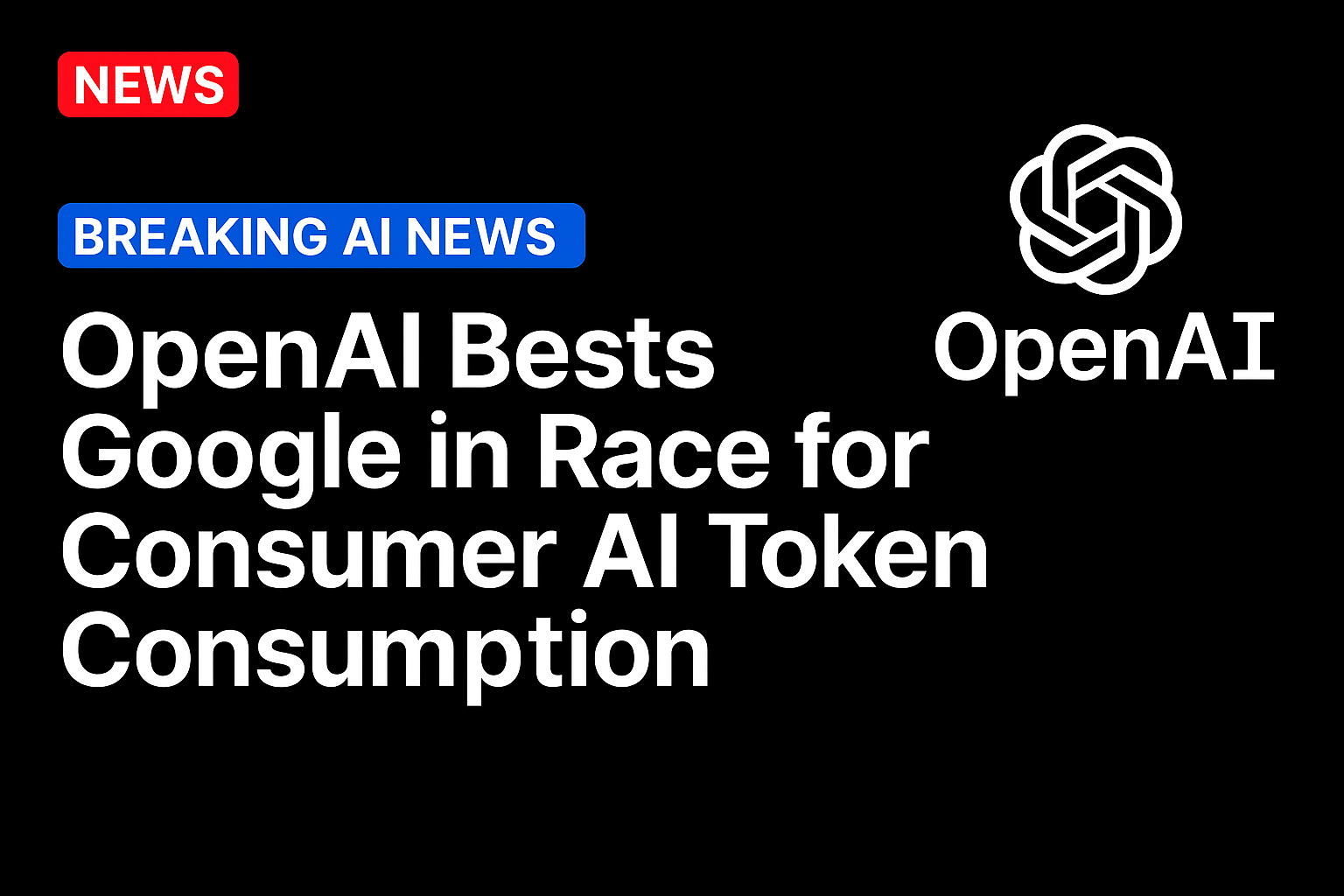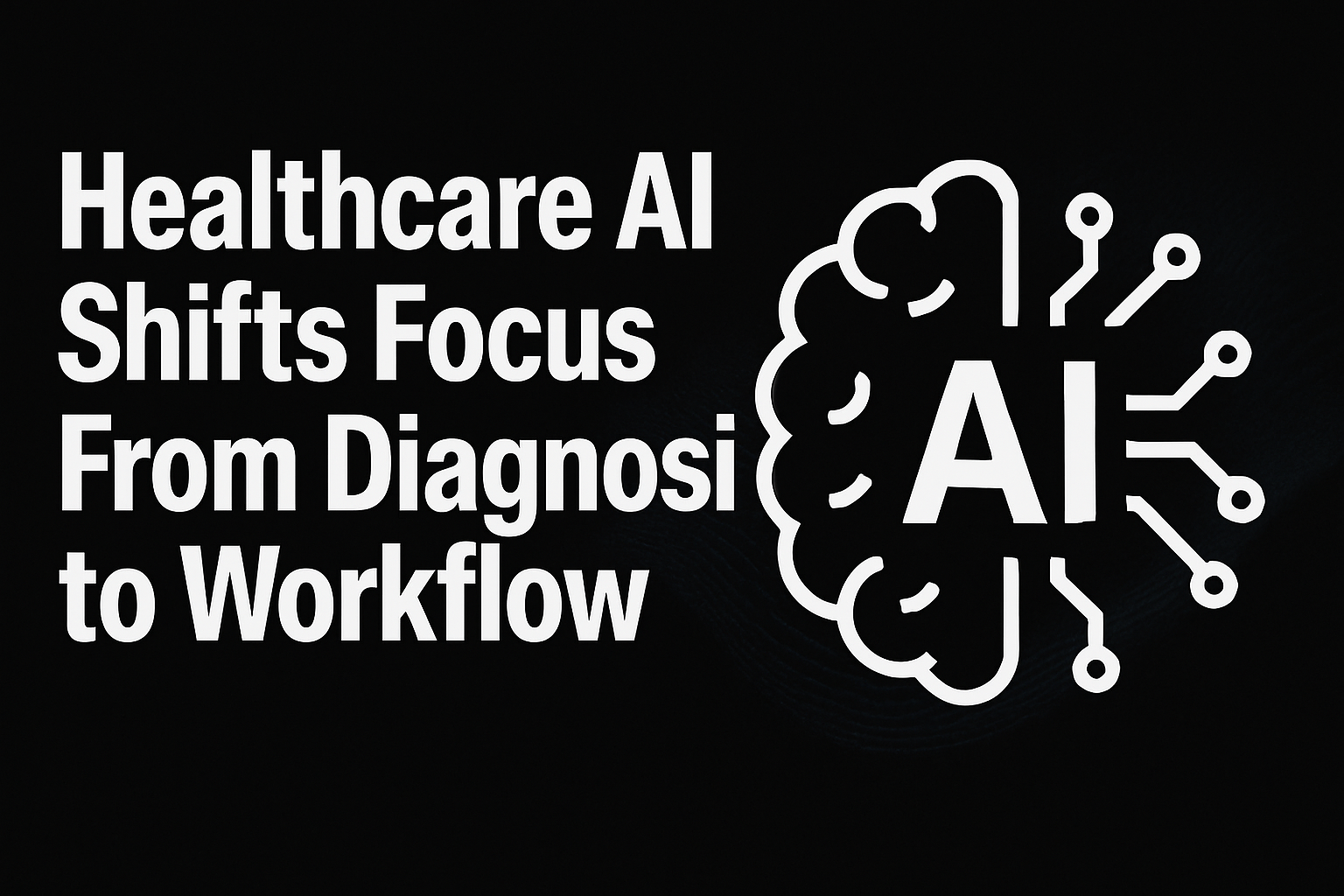As Seeking Alpha reported Saturday (Oct. 18), OpenAI announced at its recent developer day that its API platform was processing 6 billion tokens each minute, up 20 times across the last two years. The company also said that its artificial intelligence (AI) model ChatGPT had exceeded 800 million weekly active users.
By comparison Google said recently it was processing 1.3 quadrillion tokens per month on all of its services, including AI Overviews, Gemini, and the API platform on Google Cloud.
As the report noted, tokens are units of data like words used by language models to process text and are largely responsible for driving economics in AI such as cost and revenue.
“In piecing together these datapoints, we estimate that while OpenAI is dominating consumer AI token consumption (2x+ the size of Google Gemini), Google processes the most tokens out of the AI labs by a wide margin,” Barclays analyst Ross Sandler wrote in a note to clients, per the Seeking Alpha report.
The report added that while OpenAI is leading in the race for consumer-generated tokens, rival Anthropic holds the upper hand in attracting enterprise users.
Anthropic has “nearly” twice the revenue share when compared to OpenAI, the report said, and is on track to hit an internal goal of a $9 billion annualized revenue run rate by the end of the year. The company could generate as much as $20 billion in yearly revenue by the end of 2026.
The company has also said that it has more than 300,000 business customers and the number of customers spending more than $100,000 had grown “nearly” seven times in the last year.
As such, Anthropic is commanding the enterprise space by a “decent margin when it comes to inference tokens,” Sandler wrote.
In other AI news, PYMNTS wrote last week about the use of the technology in improving supply chain operations, citing McKinsey data showing that generative AI could bring down global supply chain costs by 3% to 4%.
Companies using agentic AI systems report faster fulfillment cycles and more accuracy in routing and scheduling decisions, helping supply chains function closer to real time.
Reporting by PYMNTS shows that chief financial officers are increasingly viewing supply chain finance as a strategic function, with FIS executives contending that AI and automation are reshaping working-capital management by connecting payments, procurement and logistics.
“This integration allows companies to strengthen liquidity positions, extend early-payment programs to suppliers, and improve financial visibility across global operations,” PYMNTS wrote.
Source: https://www.pymnts.com/





